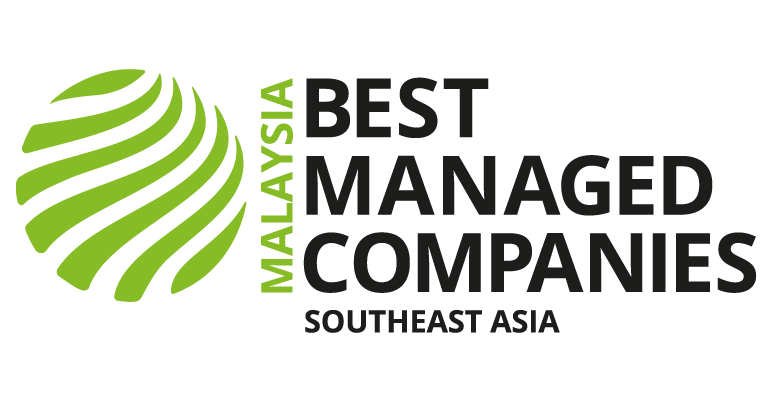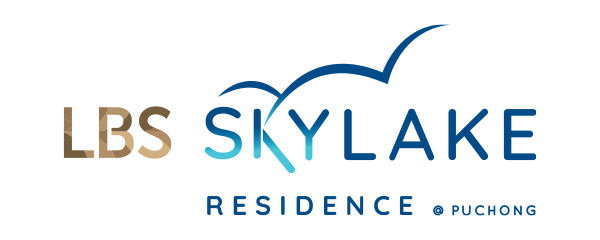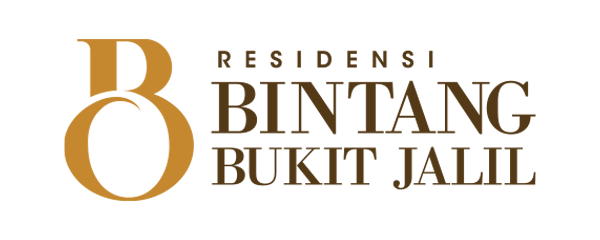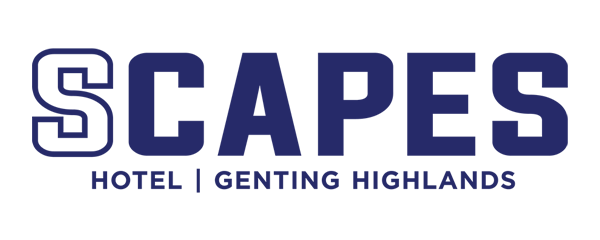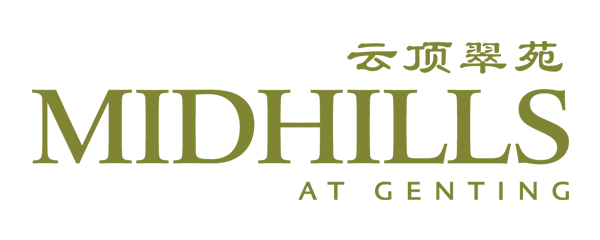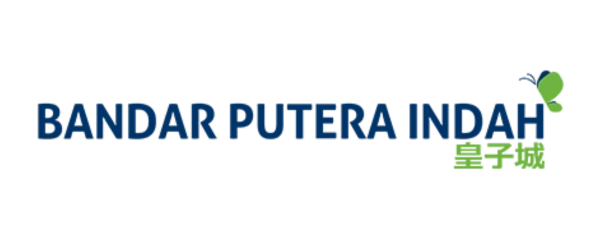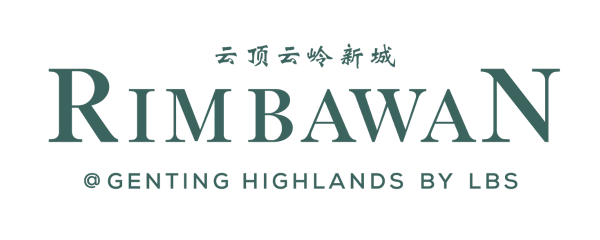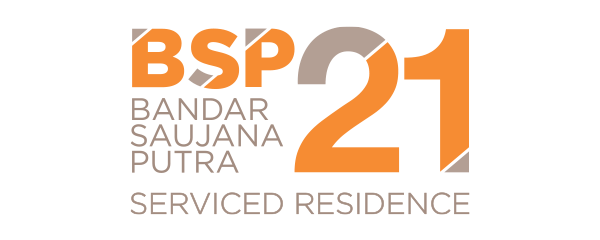- Introduction
The Board of Directors (“Board”) of LBS Bina Group Berhad (“LBGB” or “Company”) and its subsidiaries (collectively “LBGB Group” or “Group”) recognises that good corporate governance is essential for delivering sustainability, enhancing business integrity and shareholders value towards achieving the Group’s corporate vision and mission. This Board Charter is subject to the provisions of the Companies Act 2016 (“Companies Act”), the Constitution of LBGB, the Main Market Listing Requirements (“MMLR”) of Bursa Malaysia Securities Berhad (“Bursa Securities”), the Malaysian Code on Corporate Governance (“MCCG”) and any other applicable law or regulatory requirements.
2. Objective
To promote the highest standards of Corporate Governance within the Group and to clarify, among others, the roles and responsibilities as well as fiduciary duties; various legislations and regulations affecting their conducts and application of sound corporate governance principles towards corporate accountability with the ultimate objective of maximisation of shareholders’ value and safeguarding stakeholders’ interests.
3. Board Size and Composition
3.1 Size and Mix of Skills
Pursuant to the Constitution of the Company, the Board shall not be less than three (3) directors and not more than fifteen (15). The Board has power under the Constitution to appoint directors to fill casual vacancy or as additional directors. At any one time, at least two (2) or the majority of the Board members, whichever is higher, shall be Independent Non-Executive Directors. Directors may relinquish their membership on the Board with prior written notice to the Company Secretary, subject to compliance with the provisions of the Companies Act, MMLR and the Company’s Constitution. The Board shall consist of qualified individuals with diverse set of skills, experience, background, perspective, gender, age and knowledge necessary to govern the Company. The composition and size of the Board is such that it facilitates the decision making of the Board. The Board through the Nomination and Remuneration Committee (“NRC”) shall review the size and composition of the Board and Board Committees, which include the skill sets, experience and functional knowledge of its members on a periodic basis, to ensure an appropriate balance of skills, experience and diversity.
3.2 Independence
An Independent Director shall, upon his appointment, give to Bursa Securities a letter of confirmation that he is an Independent Director as defined under Paragraph 1.01 of the MMLR. An Independent Director shall also provide to the Company an annual declaration of his independence in the form as the NRC may from time to time prescribe or approve.
3.3 Board Diversity
Board room diversity is good corporate governance. The Board shall at all times promotes and welcomes diversity and gender mix in its composition for ensuring that corporate board includes a diverse set of skills, backgrounds and knowledge which can widen the Board’s perspective in effectively discharging its duties and responsibilities as well as assists the Board in its decision-making process.
4. Roles and Responsibilities
4.1 Responsibilities of the Board
The Board takes full responsibility in leading, governing, guiding and monitoring the entire performance and enforces standards of accountability including the processes for financial reporting, risk management and compliance. The Board assumes, amongst others, the following roles and responsibilities:-
- To formulate and evaluate the strategic plans and direction of the Group to support long-term value creation, including strategies on economic, environmental and social considerations underpinning sustainability.
- To ensure the necessary resources are in place for the company to meet its objectives and strategic plans and lead, monitor management performance in implementing the strategic plans;
- To oversee the conduct of the Group’s businesses and financial and nonfinancial performance;
- To identify principal risks affecting the Group, setting the risk appetites and to ensure the implementation of appropriate internal controls and mitigation measures;
- To promote good corporate governance culture together with senior management within the Group which reinforce ethical, accountable and profession behaviour;
- To review challenge and decide on management’s proposals for the Group, and monitor its implementation by management;
- To establish and review training programme and succession planning to the Board and all candidates appointed to senior management positions are of sufficient calibre;
- To approve the change of corporate organisation structure plan including new investments or divestments both locally or abroad;
- To oversee the development and implementation of stakeholders communication policy for the Group; and
- To review the adequacy and the integrity of the Group’s management information and internal control system.
4.2 Matters Reserved for the Board
The following are the major matters specifically reserved for the Board:
(i) corporate strategies, plans, targets and programmes proposed by management prior to their implementation and execution;
(ii) material investments and divestments, mergers and acquisitions, corporate restructuring, both local and abroad;
(iii) appointment of new Directors, Board Committee members, Managing Director, Chief Executive Officer, Company Secretary and other senior management positions base on recommendation of the Nomination and Remuneration Committee;
(iv) annual financial statements and the quarterly financial results prior to releasing to Bursa Securities Malaysia Berhad (“Bursa Securities”);
(v) material related party transactions and capital financing;
(vi) declaration of dividend and approving dividend policy;
(vii) appointment of external auditors; and
(viii) banking facilities.
The Company has in place List of Authority Limit to guide the Board and Management on applicable threshold for relevant approving authorities.
4.3 Roles of the Chairman
The positions of Chairman and Group Managing Director (“GMD”)/ Chief Executive Officer (“CEO”) shall be held by different individuals. The roles of the Chairman and GMD/ CEO are distinct and separate to ensure balance of power and authority.
The Chairman of the Board is mainly responsible to provide leadership for the Board to perform effectively, lead the board to practice high standard of corporate governance, set the corporate cultural tone from the top, chairing Board meetings and setting Board agendas, and promoting effective Board relationships. He is also responsible for determination of strategic direction of the Group for the Board’s consideration and approval.
The Chairman acts as the Group’s primary official spokesperson and he also serves as Chair of all shareholders’ meeting of the Company
4.4 Roles of the GMD/CEO
The GMD/CEO assumes the overall responsibility for the implementation of the Group’s strategy and in carrying out the Board’s directions, managing the businesses of the Group and driving performance within strategic goals and commercial objectives. The GMD/CEO leads the management team in carrying out the corporate strategy and vision of the Group, and acts as a liaison between the Management and the Board and ensuring that key developments and/or issues are communicated to the Board accordingly.
The specific responsibilities of the Group GMD/CEO include:-
(i) Developing strategic direction, including short term and long term business plan;
(ii) Ensuring strategies and corporate policies are effectively implemented;
(iii) Ensuring Board decisions are implemented and all decisions reflect its
environment, social, governance intentions as articulated in the sustainability policy/statement;
(iv) Providing leadership by effectively communicate the vision, management culture, business strategy and sustainability to the employees;
(v) Keeping the Board fully informed of all important aspects of the Group’s operations and ensuring sufficient information is distributed to Board members; and
(vi) Ensuring the day-to-day business affairs of the Group are effectively managed.
4.5 Roles of the Senior Independent Non-Executive Director
The Board has appointed a Senior Independent Non-Executive Director (“SINED”) who acts as a designated contact to whom shareholders’ concerns or queries may be raised, as an alternative to the formal channel of communication with shareholders.
SINED shall serve as the principal conduit between the Independent Non-Executive Directors (“INEDs”) and the Chairman on sensitive issues.
4.6 Individual Directors
Directors are expected to comply with their legal, statutory and equitable duties and obligations when discharging their fiduciary duties as Directors. These duties include:
(i) acting in good faith and in the best interest of the Group;
(ii) exercise reasonable care, perform to the best of their abilities, and utilise any relevant skills, knowledge, or experience that may have;
(iii) avoid conflict of interest between personal and the Group;
(iv) Disclose interest in any transaction, arrangement, contract or proposed contract made by the Group;
(v) exercise power for a proper purpose;(vi) compliance with the Companies Act 2016, Main Market Listing Requirements (“MMLR”) of Bursa Securities, Securities Commission Act 1993 and other applicable regulatory requirements;
(vii) ensuring Board information, discussions, deliberations and decisions that are not publicly known are not used for personal interest, or their employers’ interest; and
(viii) possess reasonable level of general knowledge, skill and experience expected of a director.
5. Board Committees
5.1 Roles of the Board Committees
The Board has the right to establish Board Committees with different functions delegated to assist the Board in the discharge of its duties and responsibilities. Where a Board Committee is formed, specific terms of reference of the committee shall be established in writing to cover matters such as the objective, composition, functions, roles and responsibilities of the committee. The Chairman of the Board shall not be a member of the Audit Committee (“AC”), and NRC.
The Board has formed the following Board Committees with different functions delegated to assist the Board in carrying out its duties and responsibilities:-
(i) AC;
(ii) NRC;
(iii) Risk Management Committee (“RMC”); and
(iv) Sustainability Committee (“SC”)
The Board Committees report to the Board of their deliberations, findings and recommendations. Minutes of the Board Committees are presented at the Board meetings for further discussion and direction. While these committees have the authority to deliberate on matters delegated to them, all decisions and/or recommendations made by these Committees will be brought to the attention of the Board, who is collectively responsible for the Group’s success, business, strategy, risk management, operational and financial performance.
The terms of reference of the Board Committees shall be approved by the Board. It will be reviewed and updated as and when required and recommend the revised
terms of reference to the Board for approval.
As a matter of principle, the Board Committees have access to the appropriate external and professional advice needed to assist them in fulfilling their roles.
(i) AC
The key responsibilities of AC are to ensure high corporate governance practices whilst providing oversight on the Group’s financial reporting, disclosure, regulatory compliance, risk management and monitoring of internal control processes within the Group. The AC meets regularly amongst others to review the quarterly results, full year financial statements, audit reports which include observations pertaining to risk management and internal controls, as well as related party transactions.
(ii) RMC
The primarily responsibility of RMC is to ensure that the integrated risk management functions within the Group are effectively discharged. The RMC assists the Board in, amongst others, identifying, evaluating, monitoring and reporting of risk areas and providing control measures, recommendations and management action plans to mitigate such risks through periodic meetings and updates to the AC in a timely basis.
(iii) NRC
The members of NRC comprise entirely Non-Executive Directors with the majority being independent.
The NRC reviews the procedures for appointment of Directors and senior management personnel of the Group and their remuneration package. It also undertakes individual assessment of the members of the Board for reappointment and new appointment. The determination of the remuneration of the INED is a matter for the Board as a whole.
NRC is also tasked with the annual review of the required mix of skills, knowledge and experience and other qualification of the Board members; examine size of the Board with the optimum number of Directors on the Board to ensure its effectiveness.
(iv) SC
The primarily responsibility of the SC is to oversight the sustainability strategy and initiatives covering economic, environmental, social and governance (ESSG) aspect as well as embedding sustainability practices into the businesses of LBGB Group.
6. Board Functions
6.1 Ethics and Compliance
6.1.1 Code of Ethics for the Board
The Code of Ethics for the Board provides guidance for proper standards of
conduct, sound and prudent business practices as well as standard of ethical
behaviour for Directors, based on principles of integrity, responsibility, sincerity and corporate social responsibility.
The Board observes the following Code of Ethics:-
(i) Directors’ Code of Ethics established by the Company;
(ii) Companies Act, 2016; and
(iii) The Code of Ethics for Company Directors issued by the Companies Commission of Malaysia.
6.1.2 Duty of Care and Diligence
All directors shall at all times exercise his/her powers for a proper purpose and in good faith in the best interest of the Company. He/she shall exercise reasonable care, skill and diligence with the knowledge, skill and experience which may reasonably be expected of a Director having the same responsibilities; and any additional knowledge, skill and experience which he/she in fact has.
A director who is appointed by virtue of his position as a representative of a shareholder, must act in the best interest of the corporation in which he sits as a board member. In the event of any conflict between his/her duty to act in the best interest of the corporation and his duty to his nominator, he must not subordinate his/her duty to act in the best interest of the corporation to his/her nominator.
6.1.3 Business Judgement
A director who makes a business judgement is deemed to meet the requirements of the duty as aforesaid and the equivalent duties under the common law and in equity if he/she:-
(i) Makes the business judgement in good faith for a proper purpose;
(ii) Does not have a material personal interest in the subject matter of the business judgement;
(iii) Is informed about the subject matter of the business judgement to the extent the Director reasonably believes to be appropriate under the circumstances; and
(iv) Reasonably believes that the business judgement is in the best interest of the Company.
6.1.3 Reliance of Information Provided by Others
A Director in exercising his/her duties may merely rely on information, professional or expert advice, opinions, reports or statements including financial statements and other financial data, prepared, presented or made by:-
(i) Any officer of the Group whom the Director believes on reasonable grounds to be reliable and competent in relation to the matters concerned;
(ii) Any other person retained by the Group as to matters involving skills or expertise in relation to matters that the Director believes on reasonable ground to be within the person’s professional or expert competence;
(iii) Another director in relation to matters within the Director’s authority; or
(iv) Any committee to the Board of which the Director did not serve in relation to matters within the committee’s authority.
A Director’s reliance on information provided by others is deemed to be made on reasonable grounds if it was made in good faith; and after making an independent assessment of the information or advice, opinions, reports or statements, including financial statement or other financial data, having regard to the director’s knowledge of the Group and the complexity of the structure and operation of the Group.
6.1.5 Declaration of interests
The Directors shall also make declaration of shareholding, including related party transactions and/ or conflict of interest situations, if any, for the Company’s records purpose.
6.2 Risk Management
The Group adopts the Enterprise Risk Management (ERM) framework to manage its risks. The ERM framework requires the Group to identify, evaluate, monitor, mitigate and report all material risks associated to its business and operations. The framework provides the Board and Management with a tool to anticipate and manage both the existing and potential risks, taking into consideration the changing risk profiles and dictated by changes in business strategies, operating and regulatory environment, and functional activities from time to time.
6.3 Policy and Procedures
The Group should establish and clearly document internal policies and procedures of its major business units to serve as day-to-day operational guides to ensure compliance with internal controls and applicable laws and regulations.
The policies and procedures shall be reviewed from time to time or as and when necessary, to ensure continuous improvements in operational efficiency taking into consideration the changing industry profile on regulatory requirements, risks and internal control measures for mitigation, and new products and services.
6.4 Sustainability
The Board recognises the importance of sustainability that improves the continuous improvement process for an organisation in the modern economy which includes the sound management of people and environment, and business sustainability eventually.
The Board shall take into consideration the interests of the community, employees, environment, shareholders and other stakeholders when making business decision and managing resources in developing its sustainability strategies through internal policies which aim at securing sustainable elements to guide policies towards sustainability development. The Board should also introduce formal strategies on promoting the sustainability of the Company, with particular focus on the environmental, social and governance aspects of the business.
6.5 Stakeholder Communication
In ensuring the high standards of transparency and accountability in its communication to stakeholders as well as to potential investors, research analysts and the public, the Group has put in place an Investor Relations (IR) department in ensuring the Group’s IR message is clearly coordinated and communicated.
The IR activities are led by the Group Managing Director and supported by the IR Team and duly governed by IR Policy as its official corporate disclosure policy and procedure in disseminating corporate and material information to the investing public.
The mode of communications to shareholders and investors shall include the followings:-
(i) timely announcements and disclosures made to Bursa Securities;
(ii) regular dialogues with research analysts to explain periodical results achieved and business strategies;
(iii) press conference held to provide media opportunity to receive updates from
the Board and to address queries or areas of interest of the media; and
(iv) participates in institutional investors’ forums.
7. Board Efficiency
7.1 Selection of Candidates
The NRC is responsible for identifying and nominating suitable candidates for appointments to the Board for approval, either to fill vacancies or as addition to meet the changing needs of the Group. Before recommending an appointment to the Board, the NRC undertakes a comprehensive evaluation of the candidates. The NRC also takes into accounts the Group’s business and matches the capabilities and contribution expected for a particular appointment.
The NRC shall conduct an interaction session with the proposed candidates and assesses the candidates based on the following aspects:-
(i) Specific knowledge, skill and working experience of the candidate;
(ii) Trainings attended by the candidate;
(iii) Time commitment by the candidate;
(iv) Independence and conflict of interest;
(v) External directorships of the candidate; and
(vi) Personal and professional ethics, integrity and other expertise or knowledge
that could complement to the experience and skill sets of other Board members.
The proposed candidates are subject to bankruptcy check prior to recommend to the
Board for their appointment as the Directors.
7.2 Appointment to the Board
The appointment is conducted in accordance with the recommendation of the NRC and after deliberation and satisfaction by the Board.
7.3 Terms of Appointment
Each year, one-third (1/3) of the Directors retire from office, and being eligible, may offer themselves for re-election at the Annual General Meeting. In addition, all
Directors shall retire from office once at least, every three (3) years, but shall be eligible for re-election.
Directors appointed during the financial year hold office until the next Annual General Meeting and if eligible, may offer themselves for re-election.
The Executive Director is expected to resign from the Board in the event of his/her service contract with the Company is terminating for whatever reason.
7.4 Tenure of Independent Directors
The tenure of service of Independent Directors is capped at the maximum limit of nine (9) years as recommended by the MCCG. An Independent Director who has served the Company for nine (9) years may, subject to NRC’s recommendation and shareholders’ approval through a two-tier voting process, continue to serve the Group in the capacity of Independent Director as guided by MCCG.
The NRC undertakes assessment of the independence of the Independent Directors,
upon admission, annually and as and when new interest or relationship develops.
7.5 Directors’ Remuneration
The Group has in place a remuneration framework for Director and Key Senior Management of the Group. The framework is sufficient to attract, retain and remunerate Directors for their contribution to the Group. This framework includes fees, monthly and meeting allowances for INEDs which are based on industry standards and set by reference to the responsibilities taken on by them. In order that it remains competitive and consistent with the culture, objective and strategy of the Group, this remuneration framework is reviewed from time to time to ensure it remains the market competitiveness.
7.6 Directors’ Insurance
The Company shall make all reasonable effort to provide the Directors with, and will pay the premiums for, indemnity and insurance cover while acting in their capacities as the Directors, to the fullest extent permitted by the act and law.
7.7 Board Effectiveness
The Board recognises the importance of assessing the effectiveness of individual directors, the Board and its Committees Annually, the NRC provides a formal procedure for the assessment on the effectiveness of individual directors and the Board as a whole. This shall take the form of questionnaires comprising an evaluation by the NRC and the results of the assessment will be collected and collated by the Company Secretary, on behalf of NRC for review and to ascertain performance and effectiveness at the NRC meeting.
7.8 Board and Management
The Board delegates authority and vests accountability for the Group‘s day-to-day operations with the Key Senior Management team led by the GMD/CEO to achieve the corporate objectives.
The Board delegates the resources management to the Key Senior Management team and has unrestricted access to any information pertaining to the Company and the Group. As such, the Key Senior Management team would be invited to attend the Board Meetings as and when necessary, to furnish with explanations and comments
on the relevant agenda items tabled at the Board Meetings or to provide clarification on issue(s) that may be raised by the Directors. The Board and the Key Senior Management work together to make decisions that will result in growth of the Company, and subsequent financial benefit to shareholders.
The Company has put in place the Directors’ and Officers’ insurance coverage against liabilities arising from holding offices by virtue of their positions and in connection with the performance of their responsibilities. Nevertheless, the Directors and Officers shall not be indemnified where he/she found guilty in respect of any negligence, default, breach of duty or breach of trust.
7.9 New Directorships and Time Commitment
The Board values the experience and perspective gained by the Directors from their services on the board of other companies, organisations and associations. However, they are expected that they will always be in a position to allocate sufficient time to
meet the expectation of his/her role as Directors of the Company.
All Board members shall notify the Board before accepting appointment of any new directorships in other listed companies as long as the new directorships is not in conflict with the business and does not affect his performance while holding office as
Director of the Company. The notification shall include an indication of time that will be spent on the new appointment and to ensure that such appointments would not unduly affect his/her time commitment and responsibilities to the Board and the
Group’s corporate activities.
The Directors are guided by the requirements of MMLR of Bursa Securities on attendance of at least 50% of Board Meetings held in a financial year.
7.10 Restriction of Directorships
The limit on the number of directorships that may be held at any point of time by the Board members are not more than 5 for listed companies and no restriction of the number of directorships in non-listed companies, excluding the position on the Board of the Company which requires active involvement as a board member or such other requirements as prescribed by the MMLR.
7.11 Directors’ Training and Development
Newly appointed Directors shall attend an induction programme which is tailored to meet their individual needs. This includes meeting with Key Senior Management team to enable them to build up a detailed understanding of the Group’s business and strategies, and the risks and issues which they are faced. The induction training programme is supplemented by ongoing training and development programmes.
In addition to the Mandatory Accreditation Programme (MAP) to all the newly appointed Directors, the Board shall evaluate and determine the continuous training needs of its members from time to time in order to enhance his/her contribution to the Board and to effectively discharge his/her duties as a Board member.
MMLR of Bursa Securities mandates a statement by the Board containing a brief description on the type of trainings directors have attended for the financial year. Where any of the Directors have not attended any training during the financial year, the reasons thereof for each Director must be stated.
The Company Secretary facilitates the organisation of internal and external training programmes for Directors and keeps a complete record of the training attended by the Directors.
All Directors shall ensure that they keep abreast of regulatory changes, other developments and broad business trends. Directors may request that training programmes on specific subjects be arranged in order to facilitate them in discharging their duties effectively.
8. Company Secretary
The Board should ensure it is supported by a suitably qualified and competent Company Secretary.
The Company Secretary plays an important advisory role and as a central source of information and advice to the Board and Board Committees on issues relating to corporate compliance with the relevant laws, rules, regulations and procedures affecting the Board and the Group, as well as best practices of governance.
The Board members have unlimited access to the services of the Company Secretary and is updated with new regulatory, regulations or requirements of current developments in the regulatory framework and governance practice concerning their duties and responsibilities.
The Company Secretary shall be of a senior position with adequate authority and report directly to the Board. The appointment and removal of the Company Secretary will be subjected to the approval of the Board.
The roles and responsibilities of the Company Secretary shall include, but are not limited to the following:-
(i) Advising the Board on its roles and responsibilities;
(ii) Facilitating the orientation of new Directors and assist in Directors’ training and development;
(iii) Advising the Directors on corporate disclosures and compliance with Company and securities regulations and listing requirements including:-
• disclosure of interests in securities;
• disclosure of any conflict of interest in a transaction involving the Group;
• prohibition of dealing in securities; and
• restrictions on disclosure of price-sensitive information.
(iv) Managing processes pertaining to the directors’, Board Committees’ and shareholders’ meeting;
(v) Monitoring corporate governance development and assist the Board in applying governance practices; and
(vi) Serving as a focal point for stakeholders’ communication and engagement on corporate governance issues.
9. PROCESS OF BOARD
9.1 BOARD MEETING
(a) Frequency of Meeting
The Board shall convene at least five (5) meetings in each financial year and at any such times as it deems necessary to fulfil its responsibilities. The Board’s annual meeting calendar is prepared and circulated to Directors before the beginning of each year. It provides the scheduled dates for meetings of the Board and Board Committees, annual general meeting, as well as the closed period for dealings in securities by Directors based on the targeted date of announcement of quarterly results of the Group.
(b) Notice and Agenda of Meeting
Unless otherwise determined by Directors from time to time, at least five (5) clear days’ notice of all Directors’ meeting shall be given to all Directors. Any Director may waive notice of any meeting either prospectively or retrospectively. The Chairman of the meeting and Company Secretary shall undertake the primary responsibility of preparing the meeting’s agenda.
(c) Procedures and conduct of Meeting
The meeting shall normally be conducted face-to-face to enable effective discussion, however can be conducted via telephone conferencing, virtual and hybrid basis or other appropriate means as determined by the Board.
(d) Quorum for Board Meeting
As provided by the Constitution, the quorum shall comprise at least three (3) Directors for the time being of the Company.
(e) Attendance at Board Meeting
The office of a Director shall become vacant if a Director is absent from more than 50% of the total Board Meeting held in a calendar year.
(f) Voting
Any question arising at a Board Meeting is decided by a majority of votes and the Chairman of the meeting has a second casting vote. A Director is required to abstain from deliberation and voting in respect of any contract or proposed contract or arrangement in which he/she has direct or indirect interest.
(g) Conflict of Interest
The Directors shall comply with the Companies Act, 2016 in connection with disclosure of shareholdings and interest in the Group and interest in any contract or proposed contract with the Group, which include the nature, character and extent of any office or possession of any property, whether directly or indirectly duties or interest that might be created in conflict with his/her duty or Interest as a Director of the Company.
(h) Right of Directors to access information and advice
Management provides the Board and Board Committees with information in a form, within acceptable timeframe and quality that enable them to discharge their duties and responsibilities effectively. Directors are entitled to request and received additional information they consider necessary in order to make informed decision, including obtaining professional independent advice at the Group’s expense.
9.2 Committee Meeting
The Board Committees meet as and when the need arises, to deliberate on matters under their purview in accordance with the Terms of Reference of the committee.
9.3 Decision Making
All corporate strategic decisions are made at Board Meetings after due processes, discussions and deliberations.
Where appropriate, decisions are also taken by way of circular resolutions in between scheduled meetings. Such resolutions are signed by majority of the Directors and valid as if it has been passed at a Board Meeting duly called and constituted as provided in the Constitution.
10. Review of Board Charter
This Board Charter has been approved by the Board and is made available for reference on the Company’s corporate website and internal computer networking system.
It shall be reviewed by the Board and updated whenever necessary to ensure the Group remains at the forefront of best practices in corporate governance. Any subsequent amendments to the Board Charter should be approved by the Board.



